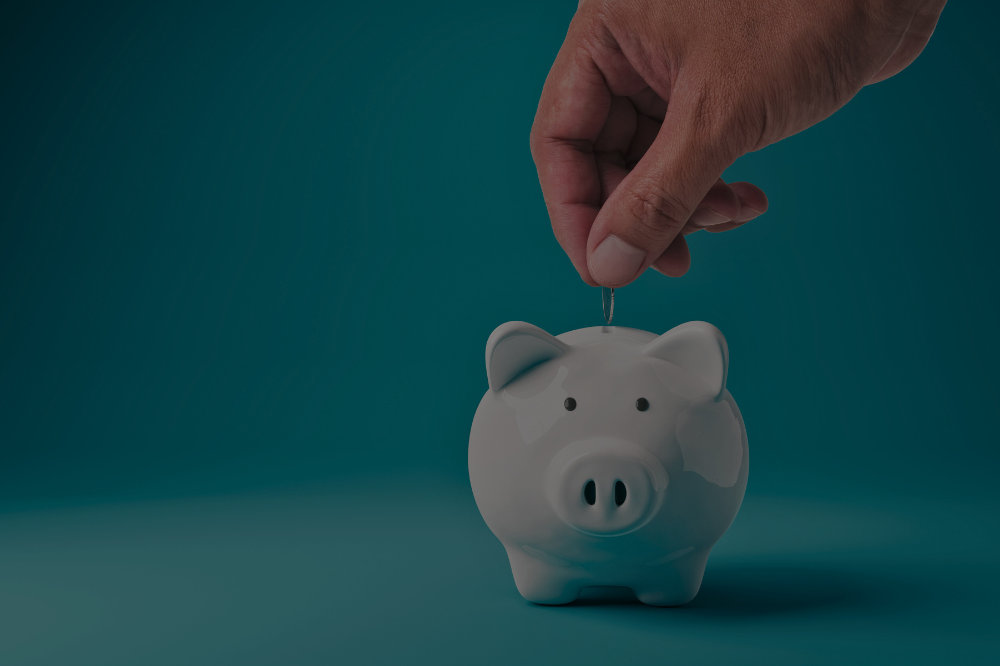Data shows that 23% of low-income Americans don’t have a bank account, affecting mostly Black and Hispanic adults!
According to the Federal Reserve, in 2023, about 6% of Americans didn’t have a bank account, meaning they didn’t have access to traditional financial services like savings accounts, credit cards, or personal checks. This percentage jumps to 23% among those who have low-income, earning less than $25,000 a year.
According to the Fed data, this issue disproportionately affects Black and Hispanic adults. The data shows that Black and Hispanic adults are 14% and 11%, respectively, more likely to be unbanked compared to white (4%) and Asian (4%) adults. Joe Lugo, founder and CEO of J^3 Creations, a consulting business in Clearwater, Florida, attributes this gap to a lack of banks in their neighborhoods.
“There is a subliminal message being sent to the community from generation to generation.“When they don’t see a financial institution or a bank, [they] tend to say, ‘There’s no avenue for me this way. If I had a dream to start a business or buy a home, that’s not for me because they don’t exist here’”, Lugo said.
Rural areas in the U.S. also face similar challenges due to low population density, according to Darrin Williams, CEO of Southern Bancorp, Inc. “In many of the markets we serve, we’re the only bank in town. Often competition of the bank is a payday lender or some predatory provider of capital”, he added.
Young adults are also more likely to be unbanked. Among 18- to 29-year-olds, 11% live without a bank account, compared to 9% of 30- to 44-year-olds, 5% of 45- to 59-year-olds, and 2% of people 60 and older, according to the data.
Generation Z’s views on banking contributes to this trend, says Winnie Sun, co-founder and managing director of Sun Group Wealth Partners. “They feel like banking is old school and doesn’t fit them“, she added.
Risks of Being Unbanked
Experts agree that money is better protected in an FDIC-insured bank account than being kept at home or in non-FDIC-insured services like Venmo or Cash App. Without bank accounts, people might turn to check cashing services or payday loans, which carry risks like high interest rates and lack of federal insurance, warned Preston Duppins, a senior partner at Vilardi Wealth Management.
Keeping some cash on hand for emergencies is advisable, but opening a low-cost or free checking account can help build credit and establish good financial habits, Sun said. “It would help you, even if it’s just small amounts, to start to build that savings pattern so that you can save for the future and other financial goals, too”, she added.

